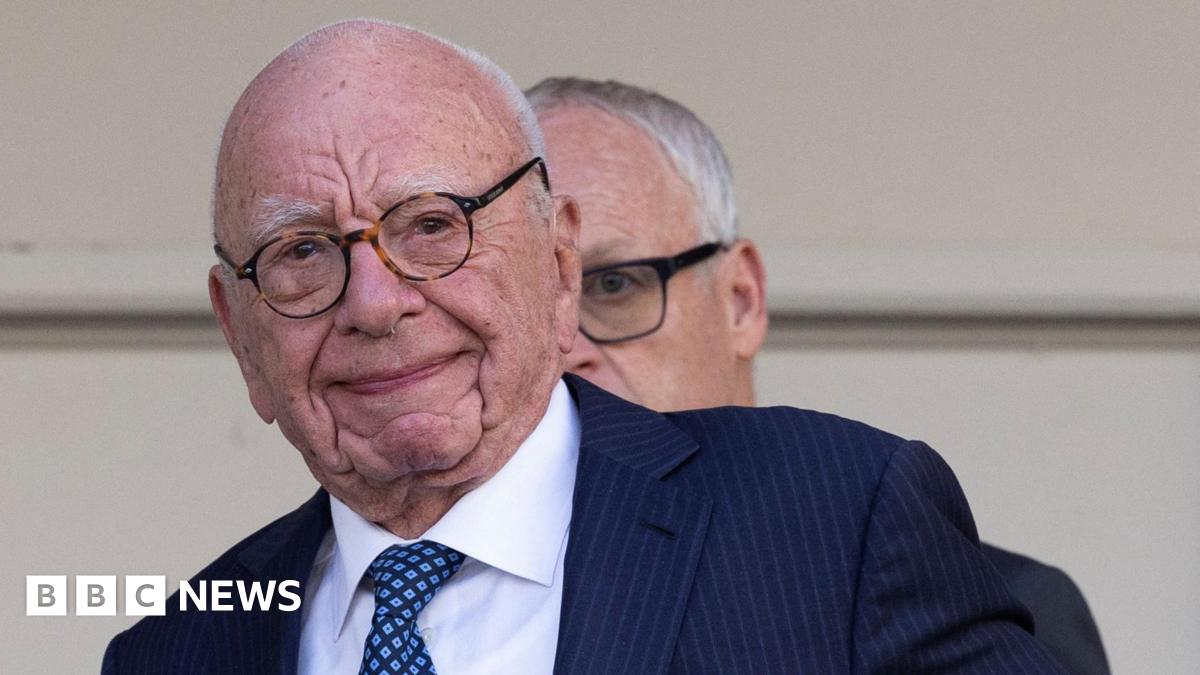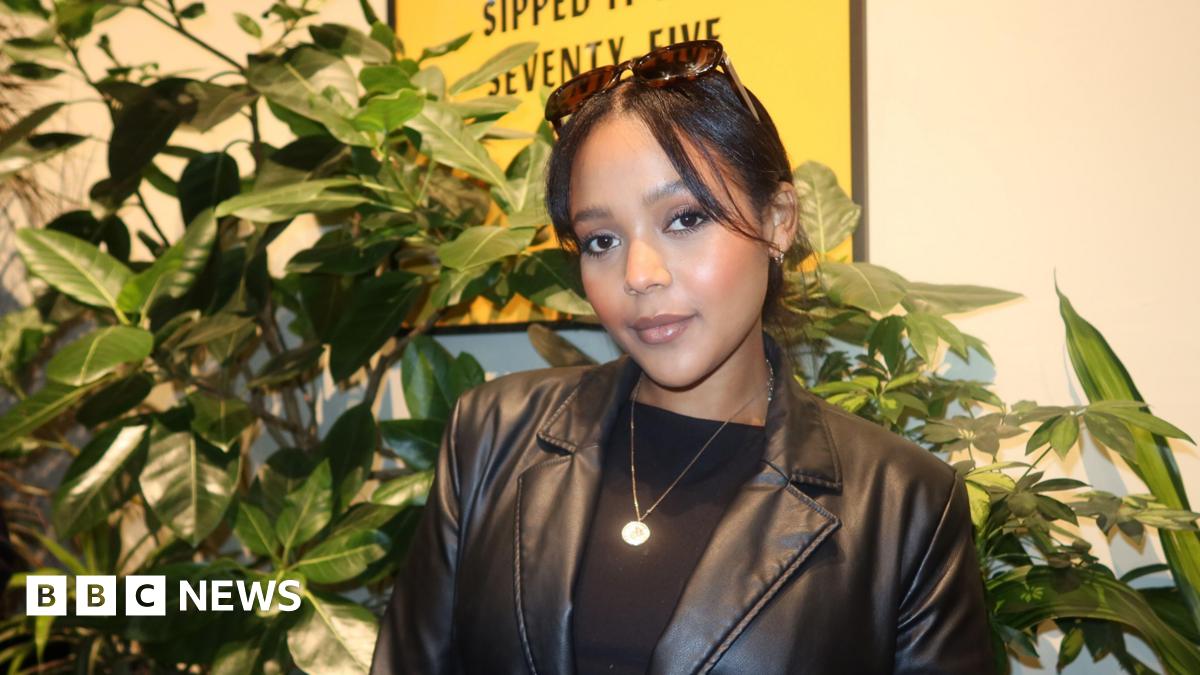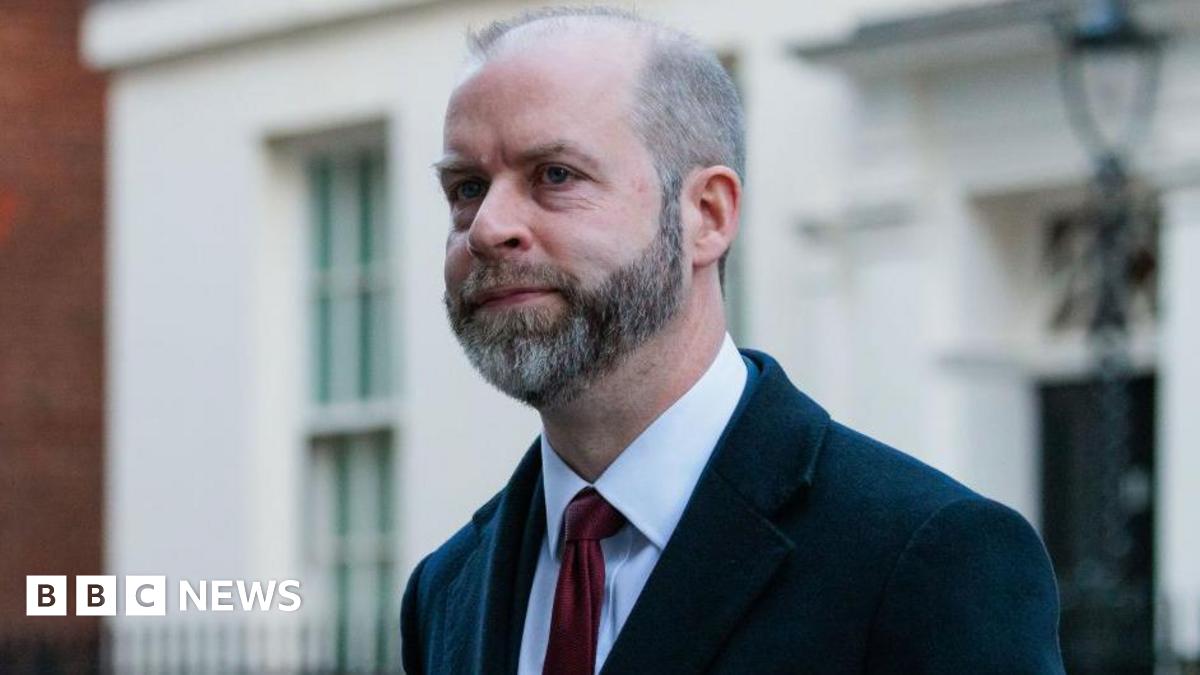The case was launched after Mr Murdoch decided to change the trust over worries about a “lack of consensus” among the children, the Times reported.
Lachan is thought to be more conservative than his siblings and would preserve the legacy of his media brands.
From the 1960s, Mr Murdoch built up his media empire into a globe-spanning media giant with major political and public influence.
His two companies are News Corporation, which owns newspapers including the Times and the Sun in the UK and the Wall Street Journal in the US, and Fox, which broadcasts Fox News.
Mr Murdoch had been preparing his two sons to follow in his footsteps, beginning when they were teens, journalist Andrew Neil told the 2020 BBC documentary The Rise of the Murdoch Dynasty.
“Family has always been very important to Rupert Murdoch, particularly from the point of view of forming a dynasty,” the former Sunday Times editor said.
In 1999, the Murdoch Family Trust, which owns the media companies, was supposed to largely settle the succession plans.
It led to Mr Murdoch giving his eldest children various jobs within his companies.
The trust gives the family eight votes, which it can use to have a say on the board of News Corp and Fox News.
Mr Murdoch currently controls four of those votes, with his eldest children being in charge of one each.
The trust agreement said that once Mr Murdoch died, his votes would be passed on to his four eldest children equally.
However, differences in opinions and political views were said to lead to a family rift.
The battle over changes to the trust were not about money, but rather power and control over the future of the Murdoch empire.
The commissioner’s ruling is not final, the Times reports. The court filing acts as a recommended resolution but a district judge will still weigh in and could choose to rule differently.
Additional reporting by Michelle Fleury and Charlotte Edwards
Credit: Source link




![How I Use Landing Page Split Testing to Find Untapped Marketing Potential [+ 12 Places to Start] How I Use Landing Page Split Testing to Find Untapped Marketing Potential [+ 12 Places to Start]](https://knowledge.hubspot.com/hubfs/landing-page-split-testing-1-20250121-3573417.webp)





